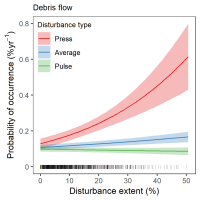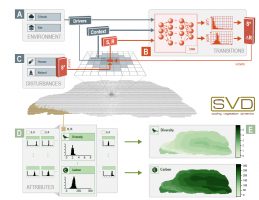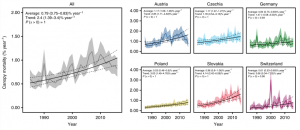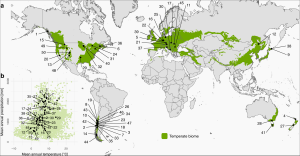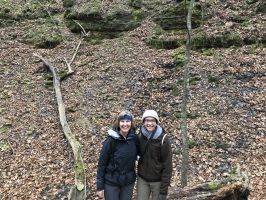About the project
Natural disturbances such as windthrows, insect outbreaks, and wildfires have intensified in many forest ecosystems around the globe recently. The project “Forest disturbance in a changing world” (RESIN) addresses the causes, consequences, and responses of changing forest disturbance regimes.
Specifically, RESIN aims to
- improve our understanding of the past, present, and future of the natural disturbance regimes of Central Europe’s forests,
- assess the effects of disturbance changes on biological diversity and the ecosystem services forests provide for society, and
- develop robust management approaches to sustain ecosystems and their services also under changing climate and disturbance regimes
RESIN was started in 2016 and is a 6-year project, bringing together an international team of scientists under the lead of Rupert Seidl from BOKU Vienna.
RESIN is supported by a START grant of the Austrian Science Fund.
